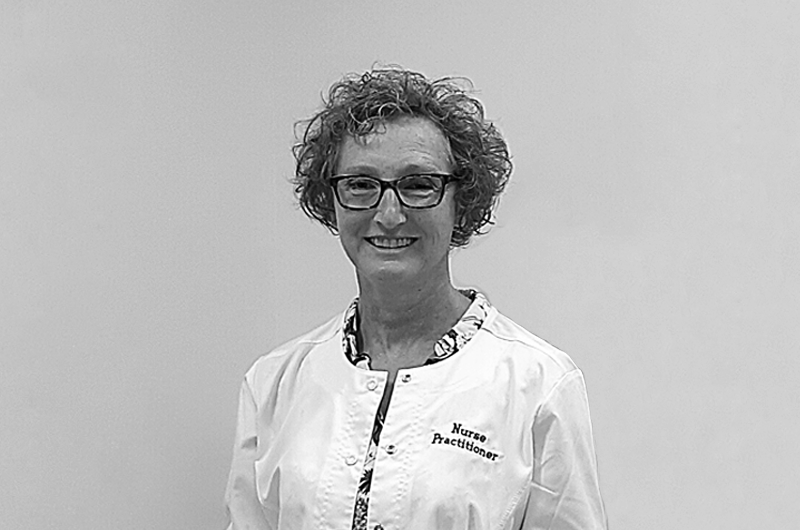Lenora Brace
Mar 18, 2021 - Profiles
Q&A with Lenora Brace on completing physical examinations on asymptomatic adults.
Lenora Brace
Mar 18, 2021 - Profiles
Q&A with Lenora Brace on completing physical examinations on asymptomatic adults.

Choosing Wisely Canada: Recall and describe a clinical encounter in which you were called on to choose wisely.
Lenora Brace: I typically avoid doing annual physical examinations for healthy asymptomatic patients. Most of my patients have been in my practice for more than a decade. An annual visit might be done for medication renewals, but it is the patient’s medical history and symptoms that will guide any examination or testing.
When healthy patients request to be screened for everything, I try and explore whether there are symptoms that have not yet been disclosed and inquire about their underlying concerns. I then explain the low value of certain tests or examinations unless there is a clinical rationale.
CWC: In your exchange with the patient, how did you raise the need to choose wisely?
LB: Challenge misconceptions. When patients ask for something that might not be evidence based, I suggest we discuss it further. I want to know what their thoughts are so we can discuss why that test or examination might not be necessary or why it might be potentially harmful. Many patients who want everything screened are concerned about cancer specifically. When I understand that, I can have a conversation with them about the different cancers we can screen for and the limitations of physical examinations or routine bloodwork for cancer screening. Patients are often not aware of that before our conversation.
Tools and resources. I use resources from Choosing Wisely Canada1 and the Canadian Task Force on Preventive Health Care.2 For example, for women in their 40s and not at increased risk requesting a mammogram, I use the 1000-person tool3 to illustrate the potential for harm from an unnecessary mammogram. These visual aids reinforce the potential to be harmed by unnecessary investigations.
Opportunistic prevention. I look at every visit and conversation as an opportunity to address preventive health care. For example, I prefer to have telephone or in-person visits to discuss medication renewals, as this is an opportunity to address prevention and discuss the medical conditions for which they are being treated.
CWC: What are the key elements of the communication that made it a success?
LB: Relationships. One of the most important things is developing a therapeutic relationship with the patient, and that does not happen in 1 visit. Patients need to feel they have been listened to. By developing trust, I am able to explain to patients—who might have certain historical expectations on what health care providers will do—that the way we practise safely and effectively has changed over the years.
Attentive listening. When I understand the patient’s concern, I am able to find common ground and develop a plan that is evidence based and satisfactory for the patient’s goals. While we are all trying to be efficient, I really try to listen and then reiterate to the patient what I heard. I find that if I do not interrupt my patients, most will tell me what is really important to them within the first 3 minutes of a visit.
Virtual care. The opportunity to do more virtual care because of the coronavirus disease 2019 pandemic has allowed us to choose more wisely. I try to gather as much information on the telephone as possible before deciding to bring patients in for a focused physical examination and to determine if additional testing is indicated. It is an opportunity to listen to our patients more closely and really be judicious in what examinations or investigations need to be pursued.
This article first appeared in Canadian Family Physician. This interview was prepared by Dr. Aaron Jattan, Department of Family Medicine, University of Manitoba, for Choosing Wisely Canada.
